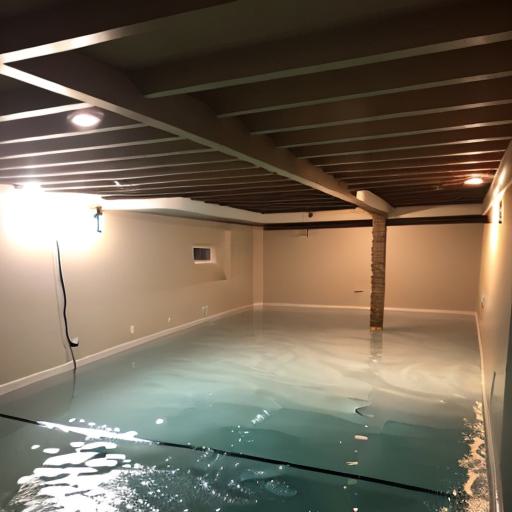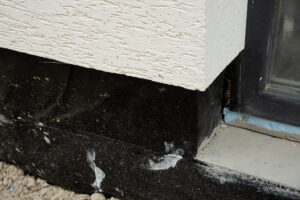A wet basement can negatively impact your health and the structural integrity of your home if you don’t take the necessary steps to fix the problem. Basement moisture creates a conducive environment for mold to grow and multiply. Water leakages could also ruin your floors, walls, and the structural integrity of your home. Fixing a leaky basement will require you to identify the source of the leak and use the most appropriate methods of solving the problem. In this article, we will be sharing with you a guide on how to fix a leaky basement.
Identify The Source of The Leak
The first step on how to fix a leaky basement is to identify the areas that allow water to seep into the basement. You need to look for signs of water stains, dampness, or active water seepage on the walls or the basement floor. Make sure you check the pipes in the basement for any leaks or signs of corrosion. The basement window and window wells should be properly sealed and free of debris or dampness.
- Perform An Exterior Inspection
It is also a good idea to inspect the exterior of your home as it can help you determine other potential sources of water entry inside the basement. Some of the possible ways water can leak into the basement from outside are through cracks in the foundation walls, improper grading, damaged gutters, or ineffective drainage systems.

Did you wake up to a basement full of water?
- Clean And Repair Your Gutters and Downspouts
Clogged, leaky, or damaged gutters and downspouts can’t properly carry water away from your house whenever it rains. This can cause water to overflow and pool around your foundation, eventually finding its way inside the basement. It is important to have your gutters and downspouts repaired as soon as possible to prevent water from damaging your basement.
- Check Grading and Landscaping
If water pools around the house every time it rains, it could cause the soil around the foundation to be more saturated and force its way into the basement. It is important to check the ground around your home to ensure it slopes away from the foundation. This helps prevent water from pooling around the home but rather flow downhill. Make sure that there are no landscaping features that impede water flow such as your flower beds.
- Seal Any Cracks in The Foundation
Use appropriate waterproofing compounds such as hydraulic cement to fill any visible cracks or gaps in the foundation walls or the basement floor. You can also consider applying a waterproofing membrane to the interior walls and floor of your basement as it helps prevent water intrusion. It is important to follow the manufacturer’s instructions for the specific product you choose to ensure the installation is done properly.
- Install a Sump Pump
Once you have already repaired your gutters and downspouts, done some grading and landscaping, and sealed cracks in the foundation, it is important to install a sump pump. Basements that have persistent issues with water seepage can benefit significantly from a sump pump. It is designed to detect any excess water rising from beneath the basement and pump it away to a designated drainage area. It is a good idea to consult a professional for proper installation and maintenance.
- Improve Ventilation
Adequate ventilation can help reduce the level of moisture in the basement. Consider installing a dehumidifier or an exhaust fan as it helps to reduce humidity levels and promote good air circulation inside the basement. If you have any vents or windows in the basement, make sure you open them regularly and address any blockages to allow the free flow of air in and out of the room. Proper ventilation reduces the chances of mold growth as it cuts moisture, which is the primary source of their existence.
- Monitor and Address Future Leaks
It is necessary to inspect your basement for any signs of new leaks or water damage. Regular maintenance will also involve checking the effectiveness of your gutters and downspouts to ensure they direct water away from your house. The sump pump should also be inspected regularly to ensure it is working correctly so that it detects any rise in groundwater level and pumps it out exactly when it is supposed to.
If you have tried all the above options but still have a difficult time finding the source of the leak or getting rid of the issue, it is advisable to consult a professional contractor or basement waterproofing specialist. Not only do they provide expert advice and solutions that are tailored to your specific situation, but can also provide ongoing maintenance and inspections when needed.



